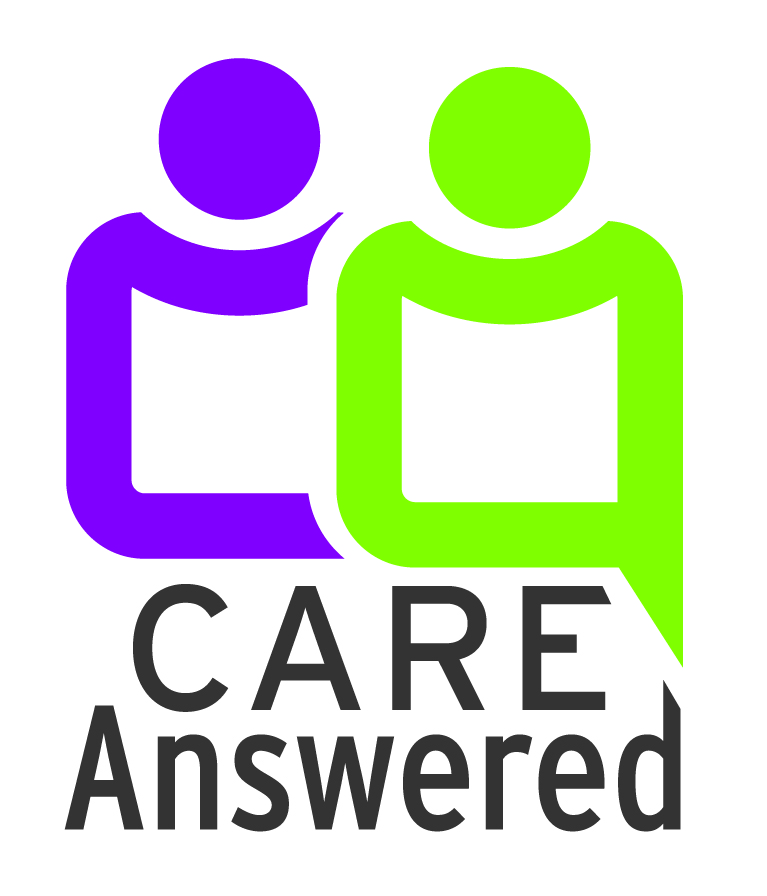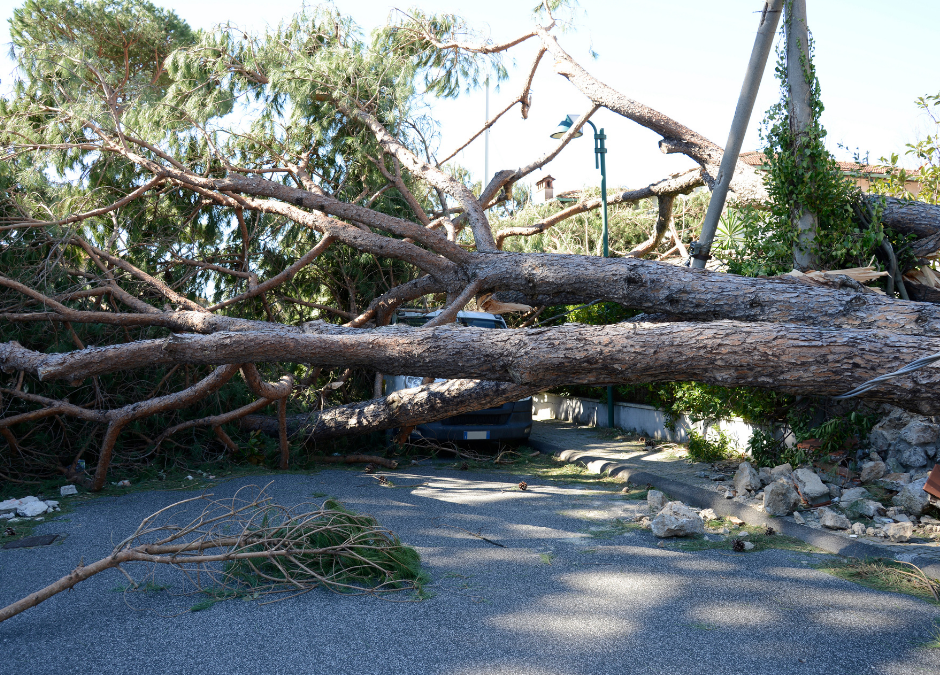It’s not your imagination. Extreme weather events have become more common over recent years, according to a report issued by the United Nations. Hurricanes, flooding, extreme heat, lightning strikes, and even the occasional tornado are possible in our area. In a few short months, we can add winter weather to the list. It is important to have a plan in place, experts say, in order to ensure that we navigate extreme weather and other natural disasters with our health and safety intact.
Planning in advance is the number one piece of advice from the Centers for Disease Control and Prevention (CDC). Preparing for hurricane season or any severe weather event takes on additional complications during the COVID-19 pandemic.
Here is a checklist to help you prepare for potential disasters:
- Stock up on supplies: make sure you have enough food, water, and medication to last for at least three days. Remember, you may not be able to drive in the aftermath of a storm due to flooding or downed trees.
- One gallon of water per day per person or pet is recommended.
- If you store tap water in your own container, label it with the date and replace it after six months.
- Store a bottle of unscented liquid chlorine bleach for disinfecting water, if necessary, and cleaning. Replace bleach each year.
- Pack a “go bag” including personal items and supplies to keep you safe from COVID-19 such as hand sanitizer and masks.
- Purchase foods that do not require refrigeration or cooking in case you lose power.
- Don’t forget your pets! Make sure you have enough food and supplies for your furry companions.
- Assemble flashlights and check their batteries.
- Find important personal paperwork such as wills, passports, health insurance ID cards and identification.
- Make sure your home is equipped with smoke detectors, a carbon monoxide detector, and a fire extinguisher.
- Charge cell phones and other devices.
- Write down important phone numbers and keep them handy.
- Know where the nearest shelter is in the event that you are evacuated. If you have pets, identify a pet-friendly shelter, motel, friend or family in advance so that you have a place where you and your pet will be safe.
- If you are evacuated to a shelter or must stay with a friend or relative, make sure you follow COVID-19 social distancing recommendations.
- Use extreme caution if using a generator due to a power outage. Ensure that the generator is outside, at least 20 feet away from any doors or windows. Carbon monoxide from improperly used generators kills hundreds of Americans each year.
We never expect to be faced with a disaster severe enough to force us to leave our homes or shelter in place, but Hurricane Henri and Tropical Storm Ida have already caused damage in our area, and the current hurricane season will be active until November 30. Being prepared for whatever may occur is the best way to protect yourself and those you love in a disaster.
Contact us at any time with specific questions about staying safe and navigating the healthcare system for yourself and your family.

